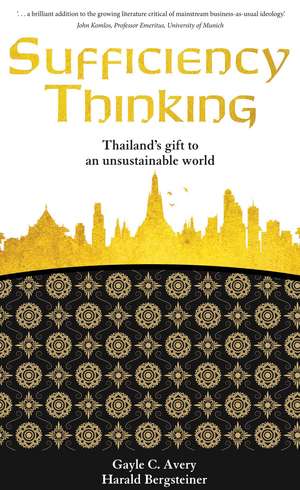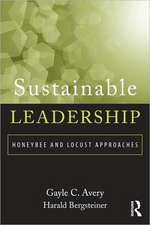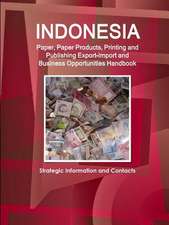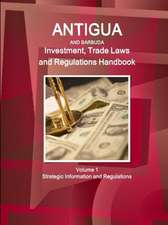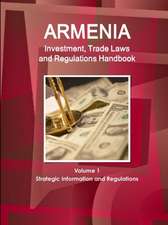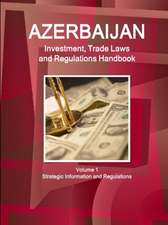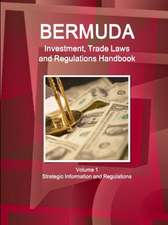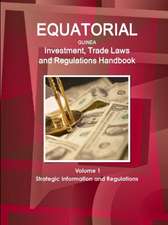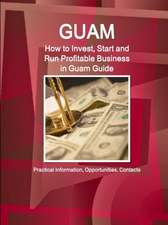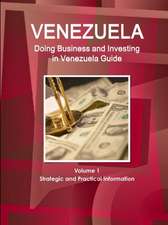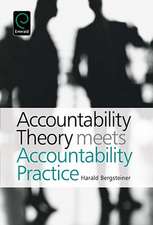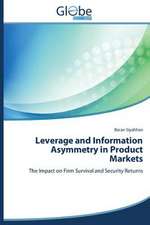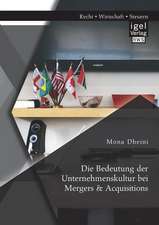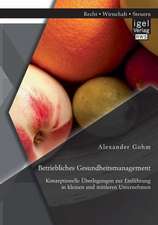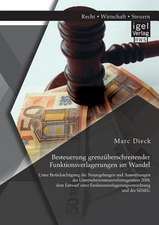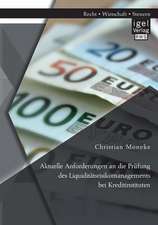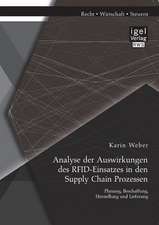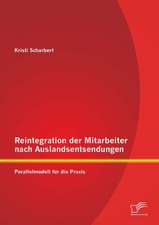Sufficiency Thinking: Thailand's gift to an unsustainable world
Editat de Gayle C. Averyen Limba Engleză Paperback – 25 mai 2016
The Thai model of sufficiency thinking aims to transform the mindset of a whole population to achieve the seemingly impossible: enriching everyone's lives in a truly sustainable way.
Innovative management practices developed by King Bhumibol Adulyadej of Thailand have been applied across Thailand in agriculture, education, business, government and community organisations for over two decades.
In this book, chapters written by eminent Thai scholars explain sufficiency thinking and review its implementation in different sectors including community development, business, agriculture, health care, schools, and even in prisons.
Is Thailand unique in having discovered the holy grail of a more responsible form of capitalism? No, it is not, but it is the first country whose government has adopted this kind of thinking as national policy.
'...we obviously need to revise dramatically our thinking about the outlines of a just economy and a decent society in which everyone can lead dignified lives. Sufficiency Thinking provides creative approaches to this quandary and this important volume is a brilliant addition to the growing literature critical of mainstream business-as-usual ideology.' - John Komlos, Professor Emeritus, University of Munich
Preț: 260.43 lei
Nou
Puncte Express: 391
Preț estimativ în valută:
49.84€ • 51.84$ • 41.15£
49.84€ • 51.84$ • 41.15£
Carte disponibilă
Livrare economică 24 martie-07 aprilie
Livrare express 07-13 martie pentru 39.08 lei
Preluare comenzi: 021 569.72.76
Specificații
ISBN-13: 9781760292911
ISBN-10: 1760292915
Pagini: 328
Dimensiuni: 156 x 234 x 22 mm
Greutate: 0.62 kg
Ediția:1
Editura: Taylor & Francis
Colecția Routledge
Locul publicării:Oxford, United Kingdom
ISBN-10: 1760292915
Pagini: 328
Dimensiuni: 156 x 234 x 22 mm
Greutate: 0.62 kg
Ediția:1
Editura: Taylor & Francis
Colecția Routledge
Locul publicării:Oxford, United Kingdom
Public țintă
Professional Practice & DevelopmentCuprins
List of tables and figures
Foreword Dr Apichai Puntasen
Foreword Dr Philip Hallinger
Editors' preface
Acknowledgements
About the contributors
PART I: INTRODUCTION
1. Thailand: An unexpected role model - Gayle C. Avery and Harald Bergsteiner
PART II: THE SUFFICIENCY ECONOMY PHILOSOPHY
2. Immoral capitalism: The need for a new approach - Nattapong Thongpakde, Prasopchoke Mongsawad and Harald Bergsteiner
3. The Sufficiency Economy Philosophy - Harald Bergsteiner, Pornkasem Kantamara and Priyanut Dharmapiya (Piboolsravut)
PART III: AT THE LOCAL AND COMMUNITY LEVELS
4. The 'New Theory' for the agricultural sector - Pornkasem Kantamara
5. Community sufficiency in Nan province - Phallapa Petison, Werapong Prapha and Veerathai Santipraphob
6. The impact of sufficiency thinking on community development - Aree Wiboonpongse and Songsak Sriboonchitta
7. Sufficiency thinking in economic development and environmental management - Thanpuying Suthawan Sathirathai and Sirintornthep Towprayoon
PART IV: AT THE NATIONAL LEVEL
8. Cultivating a sufficiency mindset in Thai schools - Priyanut Dharmapiya (Piboolsravut) and Molraudee Saratun
9. Sufficiency in Thai healthcare - Thep Himathongkam and Tanya Vannapruegs
10. Sufficiency thinking in a prisoner development program - Juthamas Kaewpijit and Suparak Suriyankietkaew
PART V: SUFFICIENCY THINKING IN BUSINESS
11. The sufficiency economy in action at Nithi Foods - Sooksan Kantabutra and Warat Winit
12. Siam Cement Group as a sustainable enterprise - Parisa Rungruang and Vichita Vathanophas Ractham
13. From philosophy to business practice - Sooksan Kantabutra
PART VI: ACTIONING THE FUTURE
14. Practices for enhancing resilience and performance - Gayle C. Avery and Harald Bergsteiner
15. The outlook for sufficiency thinking - Harald Bergsteiner
About Thailand
References
Index
Foreword Dr Apichai Puntasen
Foreword Dr Philip Hallinger
Editors' preface
Acknowledgements
About the contributors
PART I: INTRODUCTION
1. Thailand: An unexpected role model - Gayle C. Avery and Harald Bergsteiner
PART II: THE SUFFICIENCY ECONOMY PHILOSOPHY
2. Immoral capitalism: The need for a new approach - Nattapong Thongpakde, Prasopchoke Mongsawad and Harald Bergsteiner
3. The Sufficiency Economy Philosophy - Harald Bergsteiner, Pornkasem Kantamara and Priyanut Dharmapiya (Piboolsravut)
PART III: AT THE LOCAL AND COMMUNITY LEVELS
4. The 'New Theory' for the agricultural sector - Pornkasem Kantamara
5. Community sufficiency in Nan province - Phallapa Petison, Werapong Prapha and Veerathai Santipraphob
6. The impact of sufficiency thinking on community development - Aree Wiboonpongse and Songsak Sriboonchitta
7. Sufficiency thinking in economic development and environmental management - Thanpuying Suthawan Sathirathai and Sirintornthep Towprayoon
PART IV: AT THE NATIONAL LEVEL
8. Cultivating a sufficiency mindset in Thai schools - Priyanut Dharmapiya (Piboolsravut) and Molraudee Saratun
9. Sufficiency in Thai healthcare - Thep Himathongkam and Tanya Vannapruegs
10. Sufficiency thinking in a prisoner development program - Juthamas Kaewpijit and Suparak Suriyankietkaew
PART V: SUFFICIENCY THINKING IN BUSINESS
11. The sufficiency economy in action at Nithi Foods - Sooksan Kantabutra and Warat Winit
12. Siam Cement Group as a sustainable enterprise - Parisa Rungruang and Vichita Vathanophas Ractham
13. From philosophy to business practice - Sooksan Kantabutra
PART VI: ACTIONING THE FUTURE
14. Practices for enhancing resilience and performance - Gayle C. Avery and Harald Bergsteiner
15. The outlook for sufficiency thinking - Harald Bergsteiner
About Thailand
References
Index
Notă biografică
GAYLE C. AVERY is Professor of Management at Macquarie Graduate School of Management. HARALD BERGSTEINER is an honorary professor at the Australian Catholic University. They are founders of the Institute for Sustainable Leadership and authors of Sustainable Leadership: Honeybee and Locust Approaches.
Descriere
The first systematic account of the powerful decision-making framework which is being applied across all areas of life in Thailand to build a fair, resilient and sustainable economy and society.
